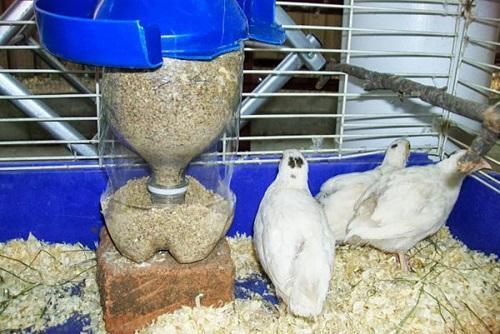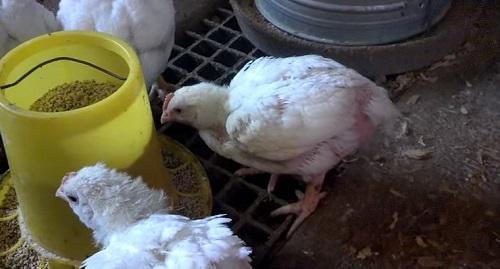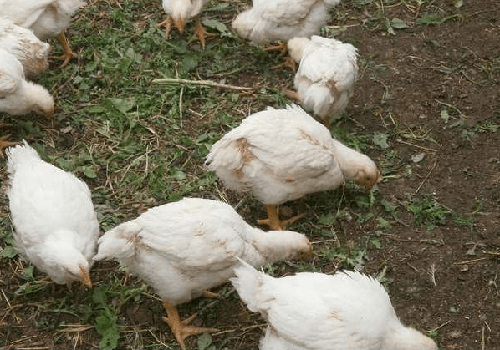Natural supplements: can broilers be given sand?
The aim of broiler raising is to get as much live weight as possible in a short time, in other words, this is a meat breed of chickens. In order for the birds not only to gain weight quickly, but also to receive a full set of proteins, fats and carbohydrates, one compound feed will not be enough. Therefore, their diet should include a variety of vitamin supplements. Of course, both start and finish broiler feed has a balanced composition of necessary substances, depending on the age of the bird.

However, if you grow your poultry at home, it is quite possible to use natural ingredients, which are much cheaper than purchased preparations. These include both products from the human table and various greens. Of particular note is the addition of sand to chicken food.
Can broilers be given sand?

Experienced poultry farmers know that sand helps to grind food that enters the bird's stomach in pieces, since chickens do not have teeth. Large pieces are frayed and become smaller as a result of stomach contractions and interaction with grains of sand. In this form, food is easier to digest and digest, and the small bird's stomach cleans itself.
However, too fine sand can clog the chicks' crop, causing them to suffocate.
To help broilers digest feed, but not harm it, it is recommended to include crushed gravel, shells or chalk in the diet of young chickens, not sand itself. You can enter such an additive no earlier than from the 5th day of life. The total amount of such mineral components is from 300 to 500 g per week of nutrition for one dozen chickens.
For adult broilers, it is allowed to introduce sand into the diet as a separate "dish", but only if it is large enough. In this case, the sand does not need to be mixed with the feed, but simply poured into a separate container.
What are the best natural supplements to use?

For a variety of bird menus, the following products are most often added:
- Potatoes. Add to the main feed for chicks over 3 weeks old. Pre-boil and grate or puree. The daily dose is up to 10 g.
- Greens. Young nettles, dandelions, clover, wood lice can be given from the third day of life, mixing in feed or mashed potatoes. Small chicks should first rinse the grass and chop at 8g per chick. For grown-up broilers, the bundles are placed in a feeder or suspended. It is also good to add garden herbs (onion feathers, lettuce).
- Pea beans... Add chopped peas from the first days of life to wet feed, but not more than 10% of the total mass.
- Bread... Dried crusts should be added periodically not earlier than from 3 weeks of age. Pre-soak a little in water and mix into the feed. The total dose is no more than 40% of the daily diet.
- Dairy products... From the second day of life add cottage cheese, starting from 50 g per day, mixing into the feed. Sour milk can be given alternately with water.